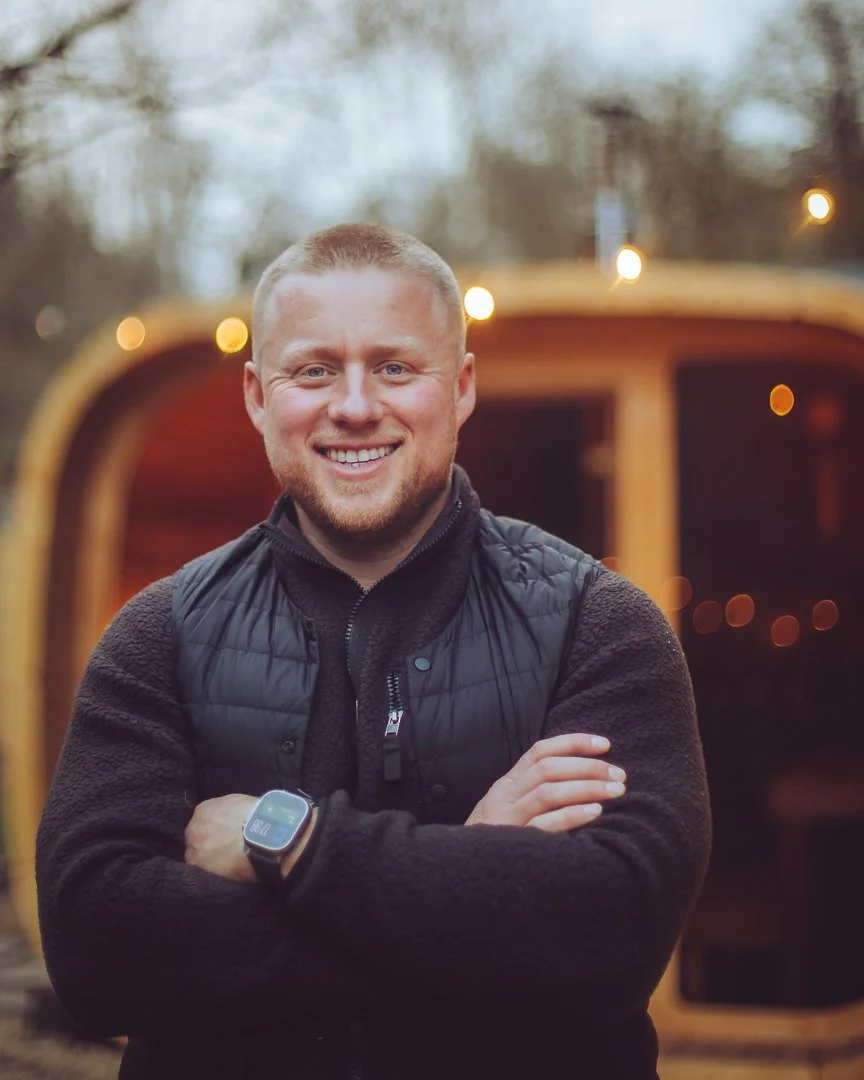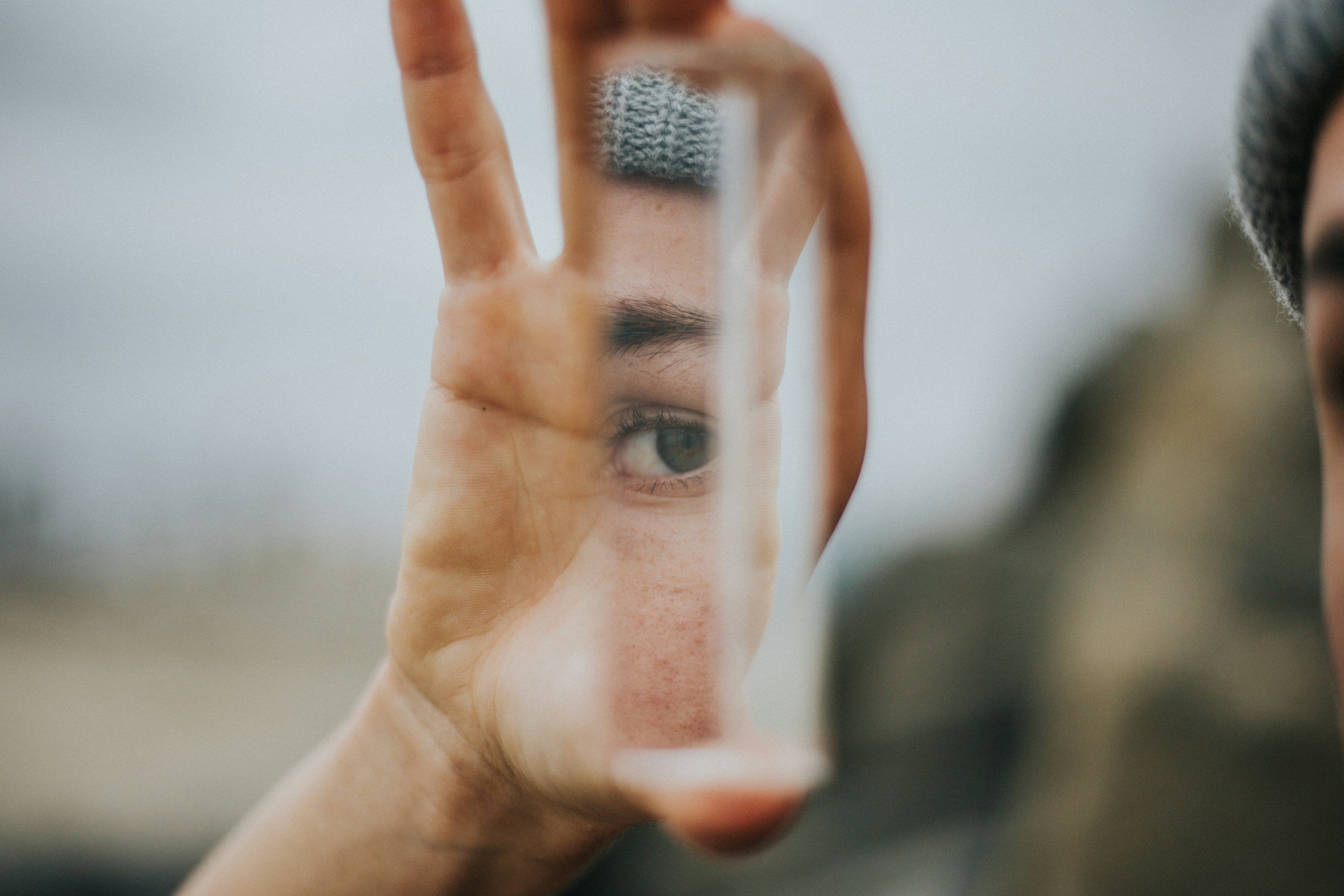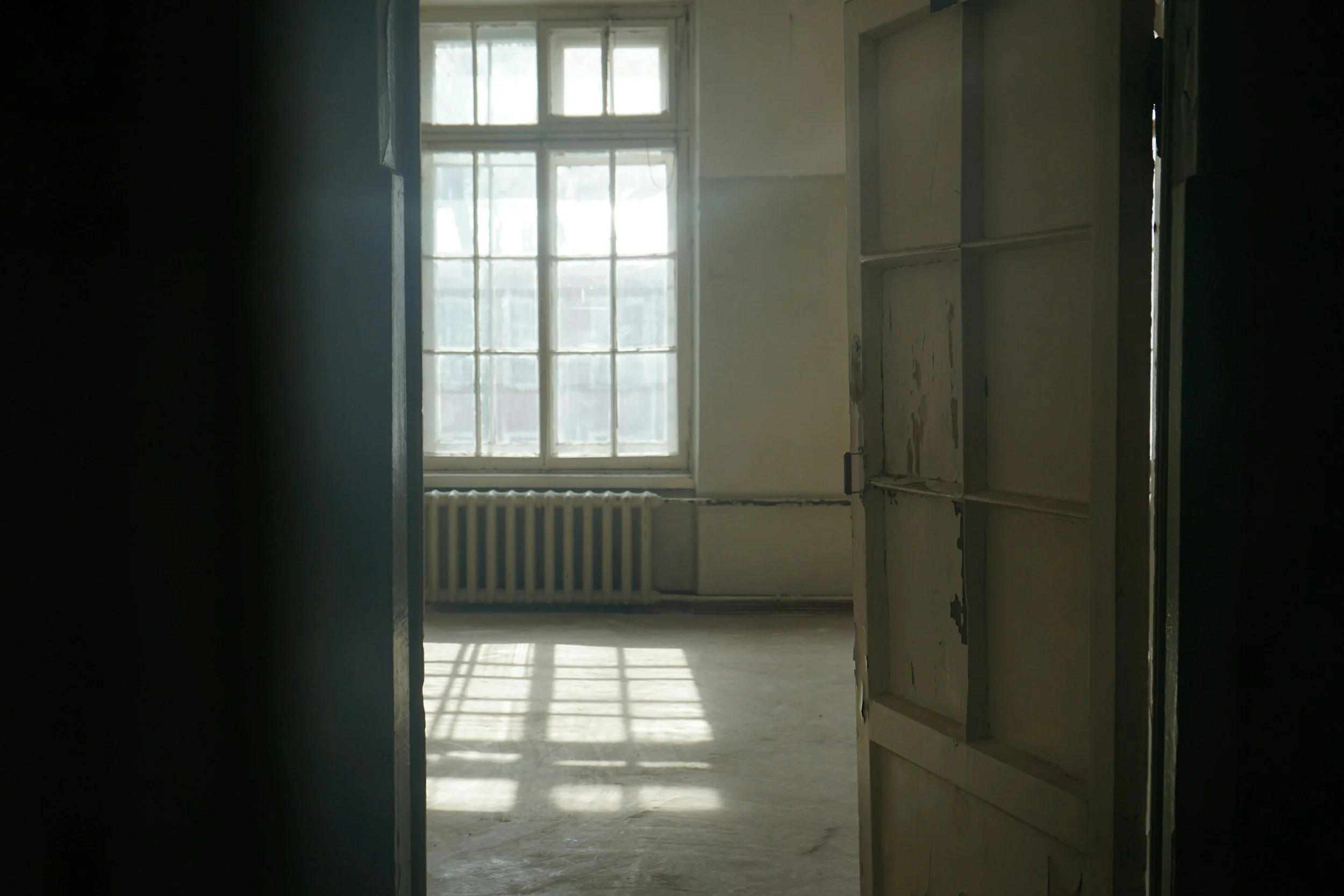To the Male Doctors Who Dismissed Me
I was about 15 when I first went to the doctors about my periods, which was difficult because even at 15 we’re taught not to talk about periods and just keep them and the details of them to ourselves. But something was wrong, the days of school I had to take off because of the pain and the fact that painkillers like paracetamol and ibuprofen seemed not to take the edge off, I knew even then, that something here was off. Then there was the added factor that GCSEs were looming, and it was becoming clear I would not be able to do exams or even revise whilst dealing with the pain. So, my mum called the doctor for me, and from that came the words that I think about a lot, ‘Well, can’t she just deal with it.’
This was the genuine response from a GP, a person I was supposed to trust with my health. Luckily, my mum argued for me to be seen and have some type of help. But this is an attitude that follows you around as you attempt to seek out some sort of support and understanding with what is even happening in your body.
The question is why?
There is a lot of difficulty talking about periods in general, especially with men, as there seems to be this perception of complete disgust when someone brings up the subject, even though many people have them and deal with them monthly. But unfortunately, it isn’t just men who have difficulty talking about periods - it occurs across the gender spectrum, as many of us also have this (completely wrong) perspective that periods are disgusting because it’s often what we are told.
But as much as some struggle to believe it, periods are natural, and when we get problems with our periods, we should talk about it with confidence with those who can help us. These kinds of feelings of disgust and discomfort with something natural make it really difficult to come forward and even ask for this help despite knowing there’s something wrong. I’m very lucky I had my mum to come to appointments with me and sometimes just speak for me because there was really nothing more intimidating to me at 15 than talking to a male doctor about this.
When these kinds of perceptions come from the people we trust most with our health, this is where many get hurt and lose trust in understanding and knowing themselves. If anything it’s crushing to hear a doctor almost tell you directly that they don’t seem to believe what you’re telling them.
I’ve been through endless doctors and nurses’ appointments, been on about 15 different pills and I still hear the words of that doctor ringing in my ears as I leave appointments trying to convince myself that nothing is wrong and I’m just being dramatic. It’s so easy to get stuck in these thought patterns and I’m sure lots of people like myself have fallen into it because the people we trust most in terms of health are these doctors and nurses who can dismiss us in a heartbeat.
Even recently, after 4 years of seeking help, I get told in an ultrasound by a member of staff I’ve never met before that some women are just unlucky and the GP will just put me on a pill. The issue being with this is that I was at this appointment after running out of different pills I could even take. Luckily, I knew myself and my situation unlike him.
Because no one knows your body like yourself.
And if there’s anything I wish someone to take from possibly reading this is that despite various doctors and nurses telling me their opinion of how much pain I was in or my experiences of what I was going through, the only thing I could do was remind myself that only I knew the truth about what I was experiencing and the next way I could try and seek some sort of help.
I had known the word endometriosis since I started to see doctors, from the endless googling I used to do to simply figure out what was wrong. But not one GP had even mentioned this to me until a month ago. So, after years of hoping that someone could explain what was happening, the word was finally mentioned but like always with these things, there was more to it.
Endometriosis has one way of being diagnosed, this is through a laparoscopy which is keyhole surgery, but being 18, no surgeon wants to operate on someone this young, so I’ve settled now for a working diagnosis towards this. But at least I finally found someone who believed my symptoms and was helping me seek help.
Recent research has shown that it takes 8 years since first seeking help for a firm diagnosis to be reached for endometriosis, which feels like a punch in the face because I know at least one reason why. For me, it took years to get the word even mentioned.
It’s difficult for all of us as individuals to know what to do to help but there is something simple and it is awareness. Research and educate about endometriosis and try and dispel some of the stigmas around periods.
Written by Holly Cornall
Holly is an English Literature student at KCL, currently spending her first year living in London and just generally figuring out life.









